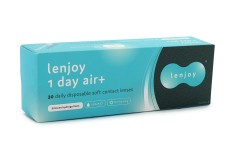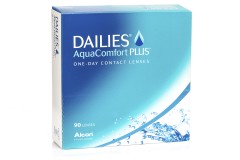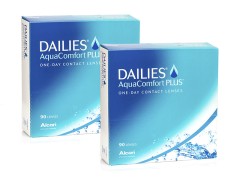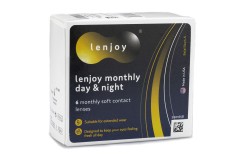Best hiking sunglasses in 2025

Table of contents
Lifelong backpackers and casual hikers alike need quality eye protection for long days in the great outdoors. Whether it's walking through lush forests or trekking on seaside trails, reliable hiking sunglasses are an important accessory for your journey. Sunglasses can enhance your vision and help you see every step of the trail in better detail.
Read about features the best hiking sunglasses have in common and find answers to some frequently asked questions below!
What should a good pair of hiking sunglasses offer?

Polarised lenses

Brand pictured above: Oakley
Polarised sunglasses can increase contrast and boost colours on your hike, making scenic nature views richer and more immersive. Consider both polarised or mirrored sunglasses that reduce glare and intense sunlight to protect your eyes and see clearly.
Look for sunglasses lens materials that also offer great optical quality. Lightweight materials like polycarbonate combine durability and sharp imaging properties while being more affordable than other options such as glass.
Finally, another factor to consider is sunglasses lens colours.
- Brown lenses – Brown or amber lenses enhance contrast and improve depth perception which is ideal for hiking varied terrain. Brown polarised lenses are popular for hikers because of their ability to make details stand out.
- Grey lenses – Grey lenses are versatile and work well in a variety of conditions such as shade or bright sun. They reduce glare and provide true colour perception.
- Green lenses – Green lenses improve vision in shaded and sunny areas. Green is helpful when backpacking or hiking in wooded areas with scattered light.
- Red lenses – Red, rose or pink lenses offer terrific colour contrast for green forests.
Lightweight build
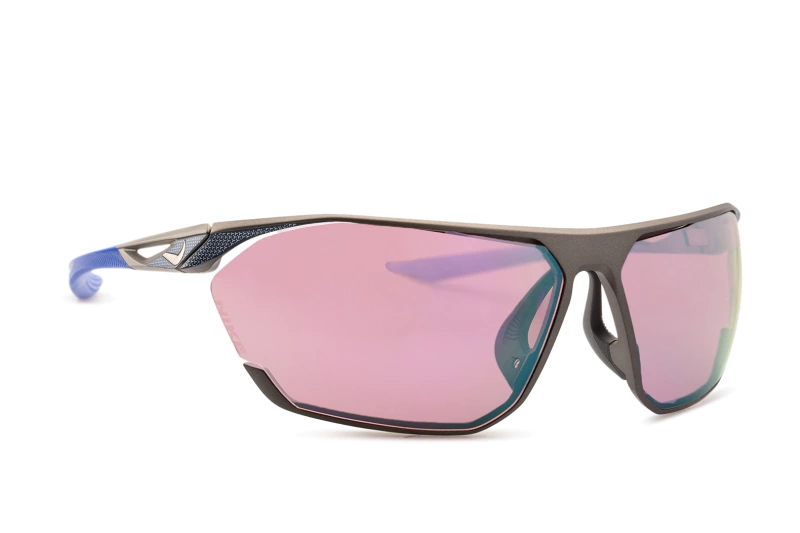
Brand pictured above: Nike
Lightweight sunglasses are essential for comfort on the trail. Particularly during longer hikes, heavier shades can weigh down on your nose and ears and cause discomfort. Materials such as polycarbonate frames and lenses are extremely lightweight as well as durable.
Remember that carrying extra weight can affect your overall hiking experience. While you may carefully weigh food, tents and other essentials, don't forget to consider the weight of your accessories too!
Pro Tip: Lentiamo optometrist Eliška reminds us that sport sunglasses should be lightweight and comfortable. Don't forget they must also be made from durable materials to withstand bad weather conditions, strong sunlight, sweat, debris, and more.
UV protection
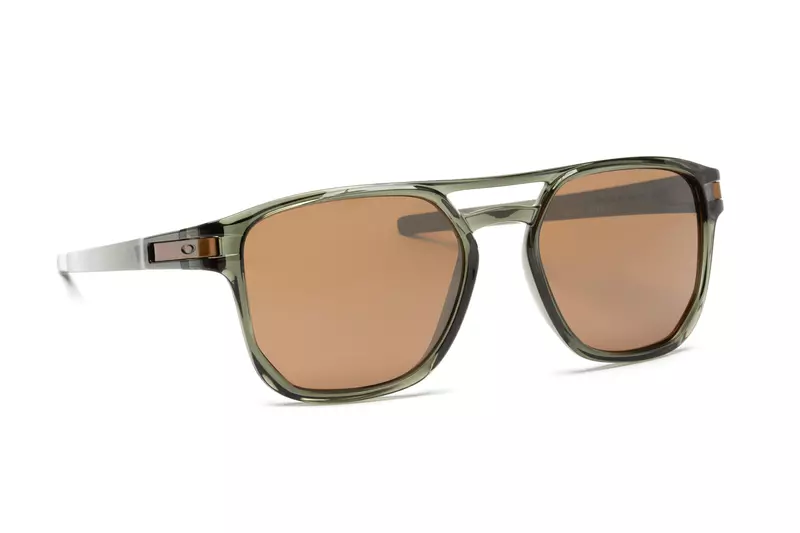
Brand pictured above: Oakley
Whether you're trekking high in the mountains or hiking through shadowy forests, UV protection is essential. Unfiltered exposure to ultraviolet radiation puts our eyes at risk of damage and disease such as increased risk of cataracts.
Not only are quality lenses important, the shape of the frame can impact the amount of light that reaches the eyes. Look for wraparound frames or large lenses for added coverage at the top and sides of your eyes.
High UV protection is also extremely important in winter months. Snow reflects 80% of UV rays from the sun and can cause a condition known as snow blindness (photokeratitis). This is when glare can inflame, or even damange, the cornea, causing pain, blurry vision and other unpleasant symptoms.
Fit
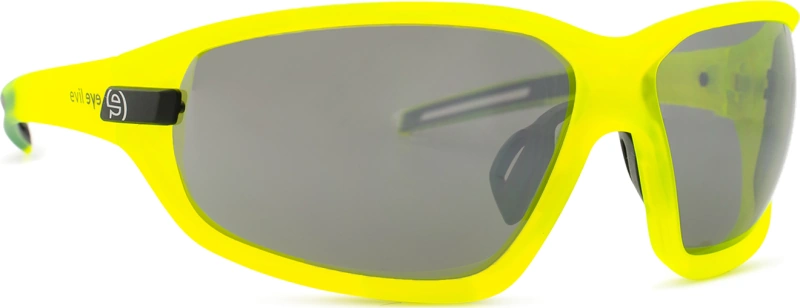
Brand pictured above: Evil Eye
The right size sunglasses should be comfortable and stay in place. The best hiking sunglasses shouldn't rub or rattle around. Not only does this distract from the beauty of your surroundings, it can quickly cause irritation and discomfort. Hiking involves frequent glances down to your feet. Frames that won't slide down the bridge of your nose are necessary. Consider adjustable features like flexible nose pads or temple tips.
You don't have to choose between functionality or aesthetics when it comes to hiking sunglasses. Find frames that fit your face shape and you'll be comfortable and look good too.
Durability
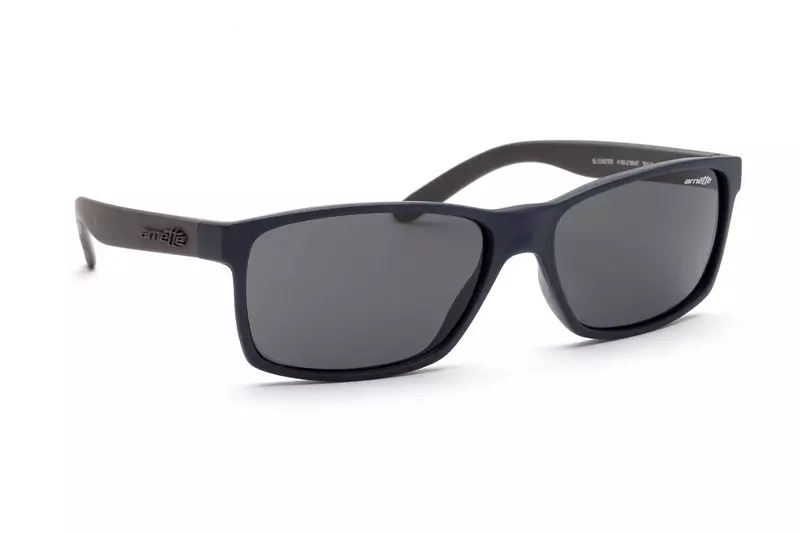
Brand pictured above: Arnette
Hiking sunglasses must be durable to withstand anything nature throws at them. Sometimes we can't avoid every tree branch and, for better or worse, our lenses take the brunt of the impact. Lenses and frames should be made from lightweight and durable materials such as polycarbonate or other high-quality plastics.
Still not sure? Use our sunglasses virtual try on feature to see how your favourite pair looks.
Frequently asked questions
Should I hike with sunglasses?
Wearing sunglasses is essential when hiking. They protect your eyes from harmful UV rays, reduce glare and improve visibility so you can see exactly what you need to see. The best sunglasses can also prevent eye strain and fatigue, which can be especially important on longer hikes. Remember that UV radiation changes based on your altitude. As altitude increases, so does UV exposure. Sunglasses act as a crucial protective filter between the sun’s damaging rays and your eyes.
What sunglasses do mountaineers wear?
Mountaineers typically wear glacier glasses or mountaineering sunglasses, which are specifically designed to provide high protection from the harsh glare of high-altitude sun, snow and ice. In general, mountaineering sunglasses feature a wraparound or goggle style for maximum coverage. They are often polarised to minimise glare and reflections and feature side shields to block peripheral light.
What are the disadvantages of polarised sunglasses?
While polarised sunglasses effectively reduce glare and boost contrast, they can impact depth perception or distort images. This can be a disadvantage on uneven trails that have a lot of rocks, roots or trip hazards. It's important to note that not everyone will notice a change when using polarised lenses. Many find them to be advantageous on the trail. Additionally, if you use GPS or satellite phones with digital displays, polarised sunglasses can distort the image on LCD screens.
Are Ray Bans good for hiking?
Plenty of hikers enjoy Ray-Ban sunglasses for the optical clarity and durability they offer. Many models are lightweight and have added features like polarised lenses. Ray-Ban has many stylish and reliable options. Be sure to always pick ones with ample coverage for long days in the sun.
Read more
Interested in other sports? Check out more sunglasses for cycling and golf today.


